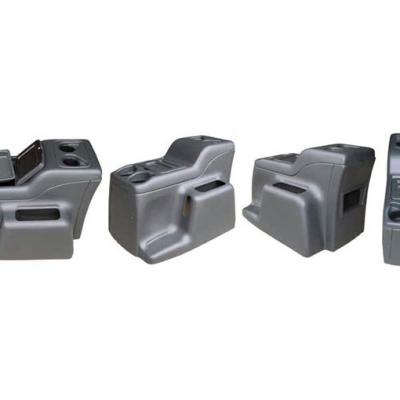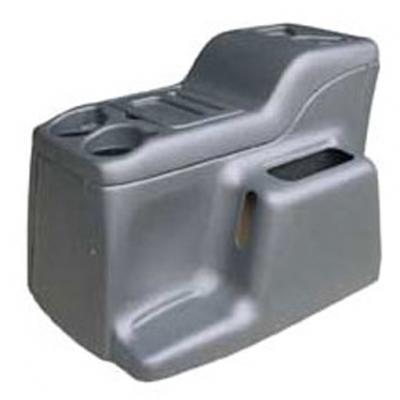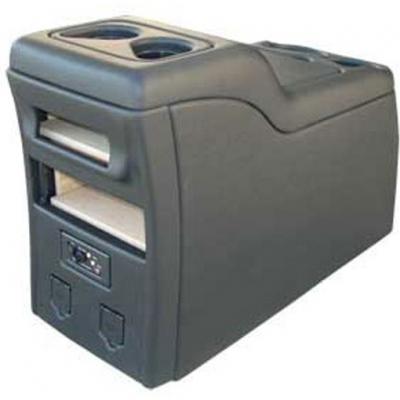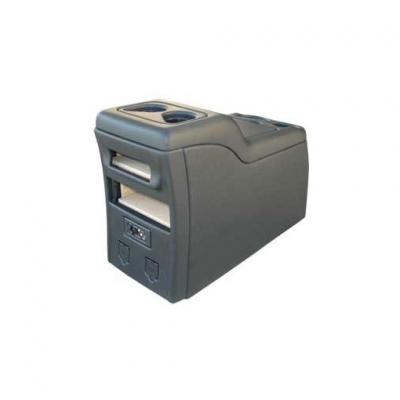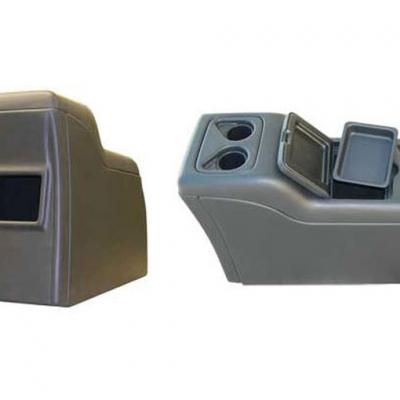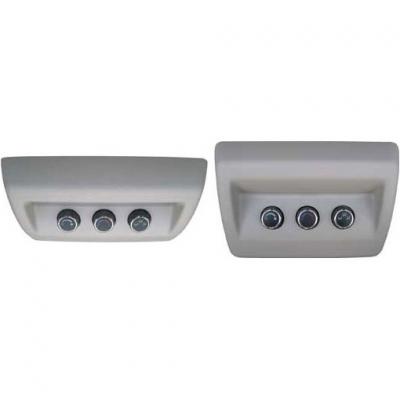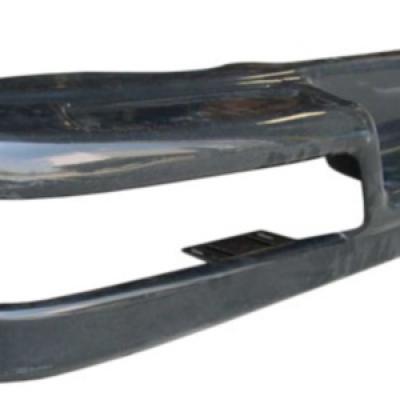Thermoforming is a plastic manufacturing process that involves heating a plastic sheet and forming it into a specific shape using a mold. While thermoforming is used in a wide range of industries, it has particular benefits for the automotive industry. In this article, we'll explore how thermoformed plastics can benefit the automotive industry.
Lightweighting
One of the main benefits of thermoformed plastics for the automotive industry is that they are lightweight. As the push for fuel efficiency and reduced emissions continues, automakers are seeking ways to reduce the weight of their vehicles. Thermoformed plastics can help achieve this goal, as they are much lighter than many traditional automotive materials, such as metal.
Customization
Thermoformed plastics can also be easily customized to meet the specific design requirements of each vehicle model. Unlike metal, which requires specialized equipment and processes to customize, thermoformed plastics can be easily shaped and formed into a variety of shapes and sizes. This allows for greater design flexibility and the ability to create unique automotive parts and components.
Cost-Effective
Thermoforming is a cost-effective manufacturing process, especially for the production of large parts. Thermoforming molds are typically less expensive than injection molds, and the thermoforming process is generally faster and more efficient. This can lead to significant cost savings for automotive manufacturers, which can be passed on to consumers.
Improved Durability
Thermoformed plastics can also offer improved durability over other materials. Thermoformed parts can be designed to be impact-resistant, and they can also withstand exposure to harsh environments, such as extreme temperatures, UV rays, and chemicals. This makes them ideal for use in automotive parts that are exposed to harsh conditions.
Reduced Noise, Vibration, and Harshness
Thermoformed plastics can also be used to reduce noise, vibration, and harshness (NVH) in vehicles. Thermoformed parts can be designed to absorb or dampen vibrations, reducing the amount of noise that is transmitted to the vehicle cabin. This can lead to a more comfortable and quieter ride for passengers.
Conclusion
Thermoformed plastics offer many benefits for the automotive industry, including lightweighting, customization, cost-effectiveness, improved durability, and reduced NVH. As automotive manufacturers continue to seek ways to improve the performance, efficiency, and comfort of their vehicles, thermoformed plastics will likely continue to play a key role in the industry. If you're looking for a cost-effective and flexible option for your automotive parts and components, consider thermoforming.



